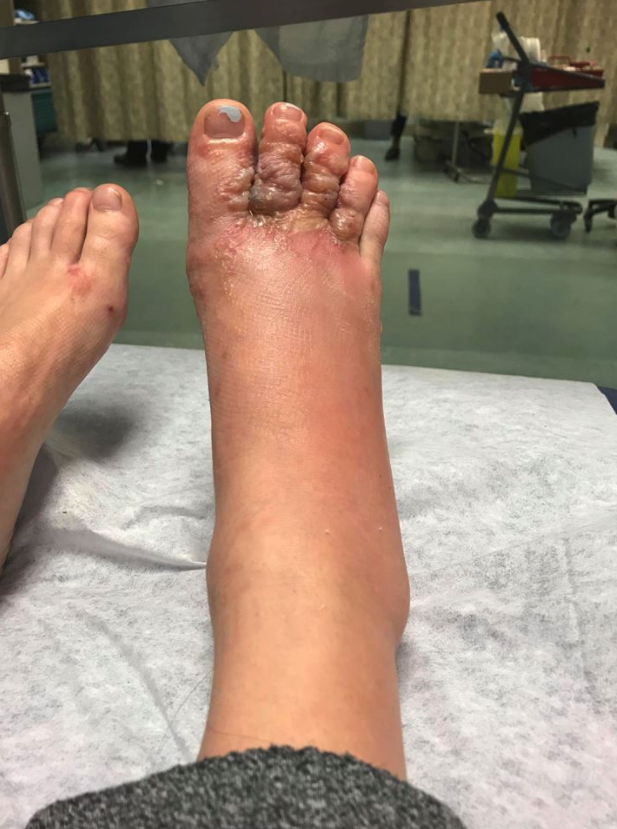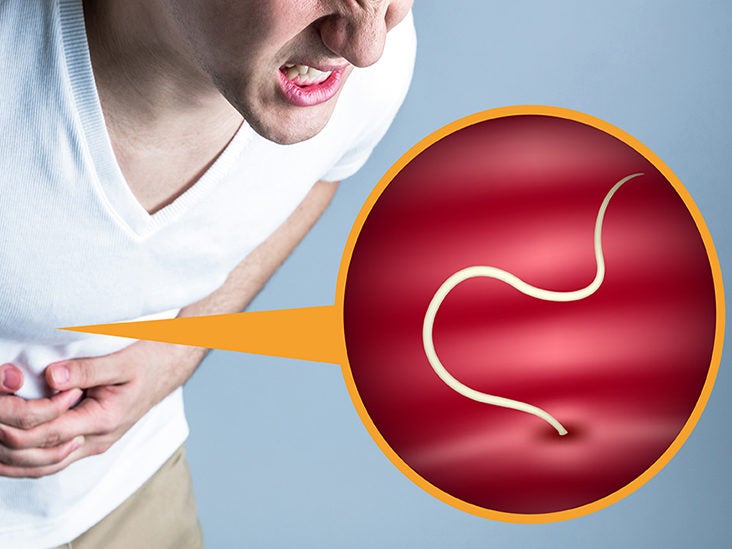

Routine deworming is the easiest and least expensive way to prevent your pet from developing a sustained parasitic infection. If your pet has a recurring infection, she will need dedicated care to prevent reinfection, because recontamination from the environment and reinfection are always possible.ħ: How do I protect my pet and myself from infection? We may prescribe an anti-parasitic medication and antibiotics. Treatment varies with infection type and severity. Fecal testing for larvae is the only way a diagnosis can be made. Because most parasites produce only eggs, you cannot rely on seeing any worms to know your pet is infected.

Diarrhea, bloody stool, weight loss, and anemia can indicate disease, but infected pets often don’t show any signs until they are seriously ill. Roundworm-infected puppies and kittens often have a pot-bellied appearance. Your pet’s signs will vary, depending on the type of infection. The infective larvae then inhabit the soil around the feces, leaving other dogs, and children, vulnerable to accidental ingestion and subsequent infection.ĥ: What are the signs of intestinal parasitic infection? Because they primarily inhabit the GI tract, larvae, or eggs, are passed in the feces. Intestinal parasites are contagious to other animals and humans. All these parasites can shut down major body systems if the infestation goes unchecked, and be life-threatening. If your pet has another medical condition, such as diabetes, the parasitic infection may make it worse. Any parasitic infection can cause inflammation and immune-system issues. Roundworms can stunt growth in puppies and kittens, and hookworms can cause life-threatening anemia. 3: Why are intestinal parasites a big deal for my pet?
#Hookworms in humans images skin#
Hookworms burrow through your pet’s skin to lay eggs. Roundworms, hookworms, and tapeworms are transmitted when your pet eats the larvae in rodent or other dogs’ feces, or an infected flea. The worms vary in size and potential disease severity, depending on the age of your pet and infestation severity.Ģ: How does my pet become infected with intestinal parasites?

The most common intestinal parasites are roundworms, hookworms, tapeworms, and whipworms. Intestinal parasites are parasitic worms that primarily inhabit the gastrointestinal (GI) tract. That’s why we’ve compiled the most common questions pet owners ask, and the information they need to know, about internal parasites. Most pet owners would rather avoid the topic, but knowing the basic facts is important, because intestinal parasites can cause serious health conditions. No one likes to hear that their pet could-and probably will-get an intestinal parasite at some point during her life.


 0 kommentar(er)
0 kommentar(er)
